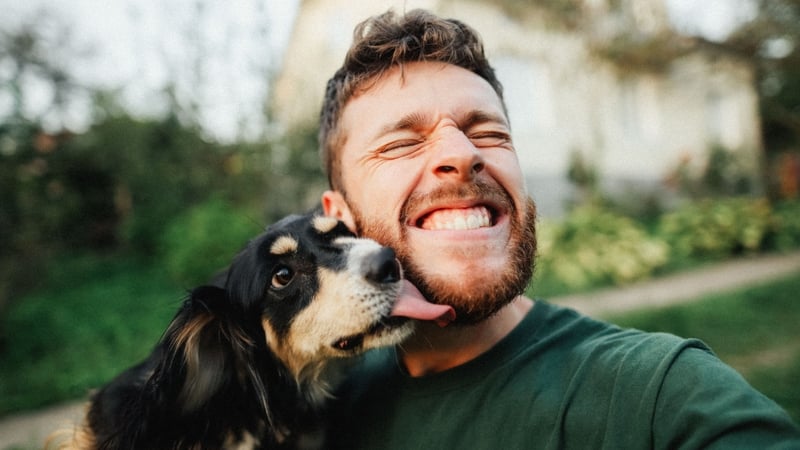Niamh Delmar is a Chartered Registered Counselling Psychologist and provides Psychological Support Workshops to work environments. Here she outlines the pros and cons of having a pet when it comes to mental health.
The human-animal bond provides psychological and physical benefits. A recent poll by the American Psychiatric Association and the American Veterinary Medical Association found that animal companionship has a positive impact on mental health. It found that pets provide a calming presence, alleviate stress, encourage physical activity, and boost social interactions. Pet related routines provide predictability and a sense of accomplishment.
Pets help with feelings of loneliness as they can help people to feel loved and needed. Returning home to an empty house is easier when you have a pet eagerly awaiting your return. The presence of an animal gives a sense of security and safety.
Dog owners report a special connection. Dogs understand words and can pick up on emotional states. Humans can enjoy the wagging of a tail or the purring of a cat. Many pet owners talk to their animals. Pets can fulfil the basic need for touch and play an important role in recovery.

Research has found that 74% of pet owners reported improved mental health. The cuddle hormone oxytocin has been found to increase by 50% when interacting with dogs. This calms the system by lowering the stress hormone cortisol.
People also often report calming effects by observing fish in an aquarium. Pet rabbits are serene and gentle, needing less intense care. Playing with pets raises the happy hormones serotonin and dopamine levels.
A report from Petmania in 2023 revealed that 62% of Irish pet owners found their pets helped to reduce stress and anxiety, and 56% saw an improvement in their overall mood.
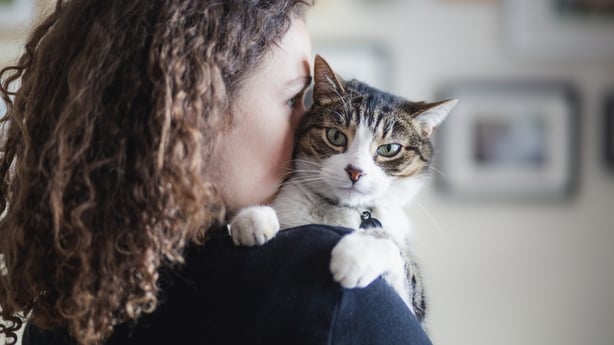
Therapeutic effects of pets are well documented. Dogs can provide care by performing tasks such as alerting people to oncoming seizures. They help people have a better quality of life. Therapy dogs, cats, rabbits and horses are some of the pets used for emotional support.
People diagnosed with many conditions such as depression, autism, ADHD, PTSD and Alzheimer's benefit. Companion animals are used more and more as part of improving mental health. Prisoners and high security psychiatric patients have found animal therapy to have calming effects, inducing empathy and outward focusing, and ameliorating aggression. Nursing homes and hospitals are recognising the positive outcomes of human-animal interactions.
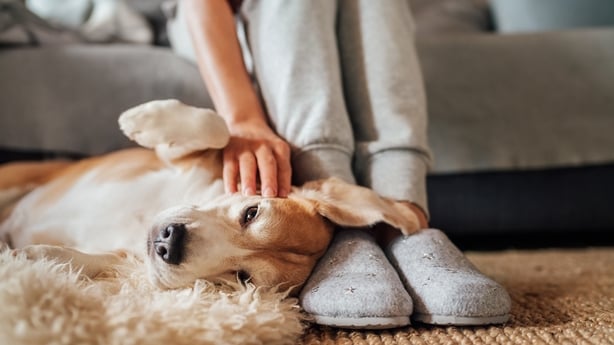
Pets help you to be mindful and drop into the present moment and foster a sense of playfulness and fun. Pets love unconditionally, don’t judge and are loyal. Bonds with pets grow and deepen over time. They are a witness to your mood and life story. They also provide people with a sense of purpose in life, which is a significant contributing factor to well-being.
Dog owners, in particular, experience increased levels of physical activity which improves mental and physical health. Walking the dog, for example, gets people outdoors moving in the fresh air and engaging in social interactions. Pet related forums can help to expand your social circle.
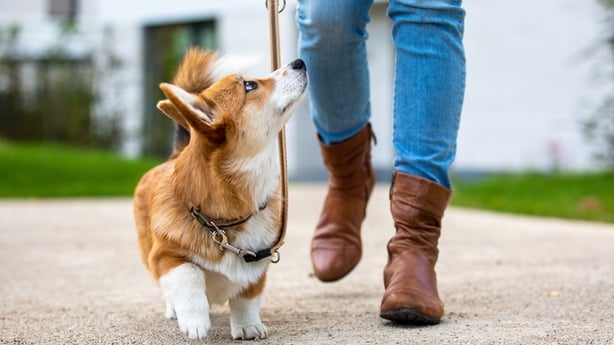
The hardest part of pet ownership is loss. The deeper the attachment, the sharper the grief. Pet grief is real, and impacts people in different ways. Many pet owners describe their pet as being a part of the family. People are often reluctant to share their feelings for fear of being dismissed or having their grief minimised. It is a type of loss less understood and acknowledged.
Empathy may not flow as easily. Pet death can trigger or exacerbate mental health issues. Studies have found that indoor pets had a deeper impact on bereaved pet owners. People need to grieve in their own way and at their own pace and open up to those who understand, even if it’s online.
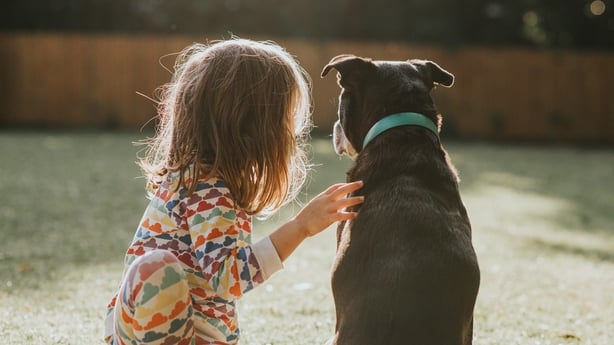
It can be especially difficult for children who may hide their grief or act out. It is important to be honest in an age appropriate way and express your sadness too.
Pet death can open up conversations about mortality. Involving children in a memorial service, compiling a scrapbook or keeping mementos can be a healing part of the process.
For elderly pet owners, grief can be harder. The pet may have been their companion living with them. For many people without pet insurance, they may not be able to afford vet bills to prolong their pets’ lives. Some may be left with guilt if they had to make the decision for their pet to be euthanised.
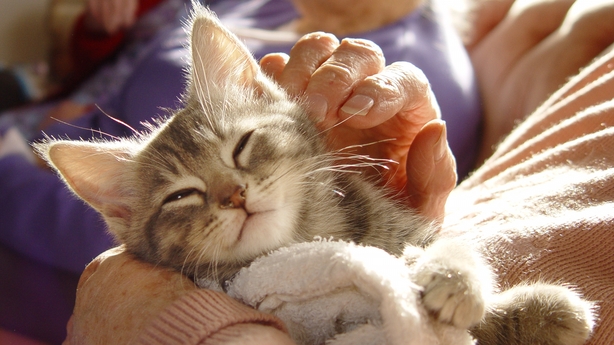
For my family and myself, owning dogs (and a few fish) has been a wonderful experience. Our 16 year-old labrador failing over the past while was hard to watch and tough work, and then dying a few weeks ago was painful, but the joy she brought was immense.
It is important to research thoroughly and select the right pet for yourself or your family. Pet sitting can be a way to experience the benefits and gain some experience.
We need to take the role of animals seriously and expand their presence more to classrooms, the workplace, hospitals, mental health settings, nursing homes and beyond.
If you have been affected by issues raised in this story, please visit: www.rte.ie/helplines.
